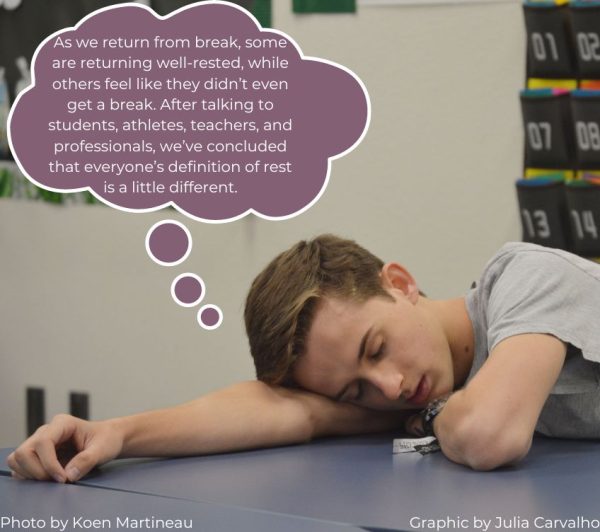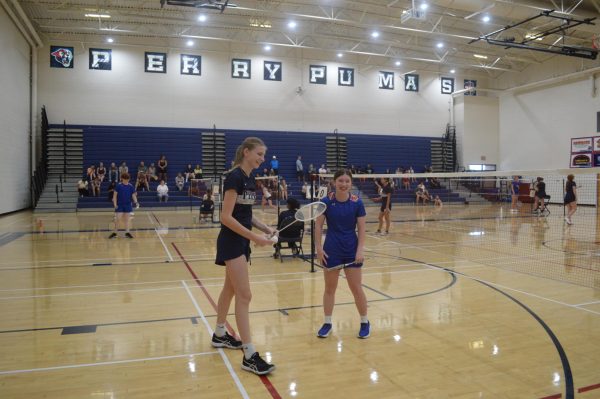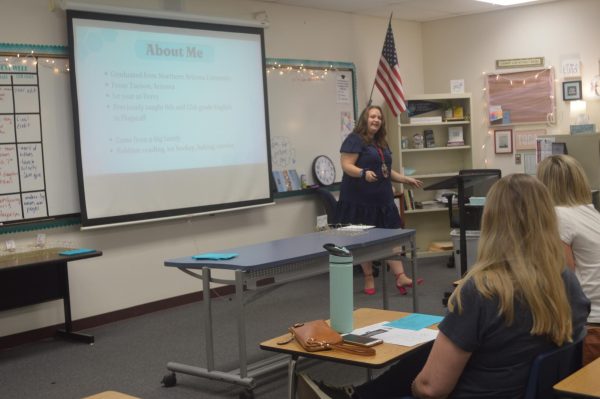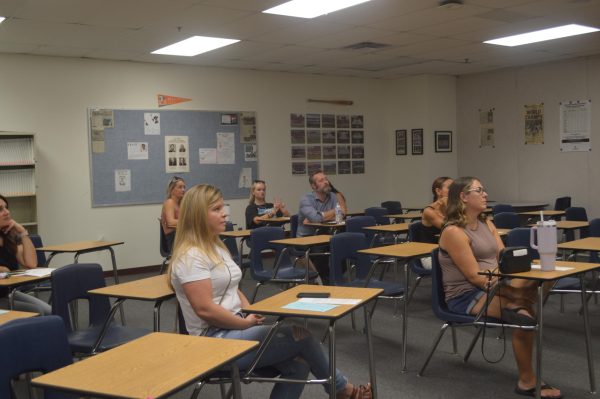Public outcry continues at district office
Chandler Unified School District’s decisions on Deep Equity and sexual education garnering public reaction.
As the community has become less vocal about the Corwin Deep Equity curriculum, much of their approval, or lack thereof, has shifted towards the adjustment to CUSD sexual education policies.
In the past, sex education in Chandler schools has been facilitated at school, primarily in the fifth and sixth grade. Lessons have centered around abstinence, and parents must sign permission slips for their students to attend the class. According to research conducted by Briana Whitney, a reporter for AZ Family, ninety percent of Chandler parents sign off on the permission slips.
The governing board has proposed to transition from this original method towards a more online approach, by sending informational videos out to parents and asking them to watch with their children.
Because lessons about growing up and changing bodies are primarily introduced in middle school, Principal Dan Serrano confirmed that the change in policy would have very little effect on Perry students.
Nevertheless, the shift has assumed Deep Equity’s role as a debated topic, prompting just as much praise as complaints from the community.
Apprehension has taken its roots in the simple uncomfort of the subject. Do students actually want to sit and watch the educational videos with their parents? Likewise, do parents actually want to sit and explain the videos to their children?
Other concerns mirror those of the Purple for Parents organization.
Members of the group voiced their apprehension over board member Lindsay Love’s affiliation with Planned Parenthood. Her sister, Chris Love, is the head chair of a Planned Parenthood advocacy group in Arizona. “We don’t want any Planned Parenthood types, comprehensive sex education, brought into this district,” said Purple for Parents representative Michelle Dillard. She continued, stating, “The way that it is now is fine.”
Love responded by clarifying the nature of the new program, explaining that the pilot “is something that was done… to allow the district to collect more information and meet the needs of the… teachers and most importantly, students.” At the board meeting on Jan. 22, Superintendent Dr. Camille Casteel once again clarified the nature of the shift. “The pilot we’re doing this year… is just that. A pilot.”
Support for the change stems from the idea that morals, like the ones associated with this subject, are better taught at home where the environment is set by personal, religious, or familial values and expectations.
In short, some parents will approach the topic of growing up in a different way than others.
This development seems to be another piece of a puzzle that has been contested in school districts since court cases like Burton v. Board of Education when school discipline began to be challenged. As times shift and standards change, it has become heavily disputed in a variety of areas when the role of schools crosses the line between educating and parenting.
This new sex education pilot is simply another sample of evidence and data in this on-going debate.

Anna Myers is a senior at Perry High School, and is excited to be the 2020-21 Managing Editor for The Precedent. Out of the newsroom, Anna enjoys participating...










